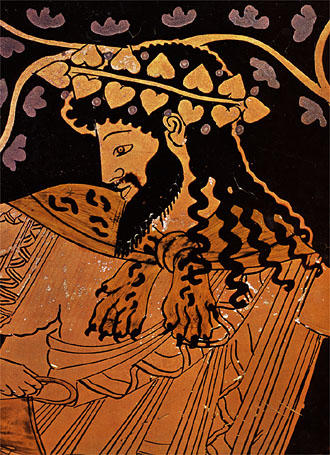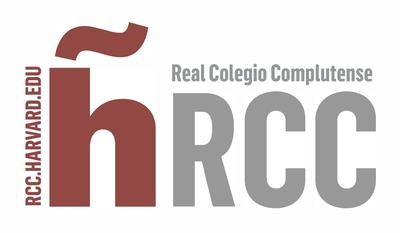Date:
Location:
A fascinating development in the transmission of ancient Greek poetry, especially of the poems attributed to Homer, was the interpretation of some embarrassing episodes as having been written in code and possessing a hidden sense very different to the apparent one.
 The recognition of two levels of meaning could explain why the gods were sometimes depicted committing shameful acts such as struggles, deceit and adultery. On a deep level, in these scenes the divine names allude to physical entities (such as air, fire or water) or to psychological faculties (such as desire or prudence). A common method to recover the deep meaning of a name was to have recourse to etymology, relating it to similar words, for example Hera and air (aer). This talk will focus on the case of Dionysus, an atypical god that in some episodes appears pursued by an enemy, which is usually taken as an allegory of the pressing of the grapes to produce wine.
The recognition of two levels of meaning could explain why the gods were sometimes depicted committing shameful acts such as struggles, deceit and adultery. On a deep level, in these scenes the divine names allude to physical entities (such as air, fire or water) or to psychological faculties (such as desire or prudence). A common method to recover the deep meaning of a name was to have recourse to etymology, relating it to similar words, for example Hera and air (aer). This talk will focus on the case of Dionysus, an atypical god that in some episodes appears pursued by an enemy, which is usually taken as an allegory of the pressing of the grapes to produce wine.
Speaker: Marco Antonio Santamaría Álvarez, RCC Fellow
Sponsor: RCC
